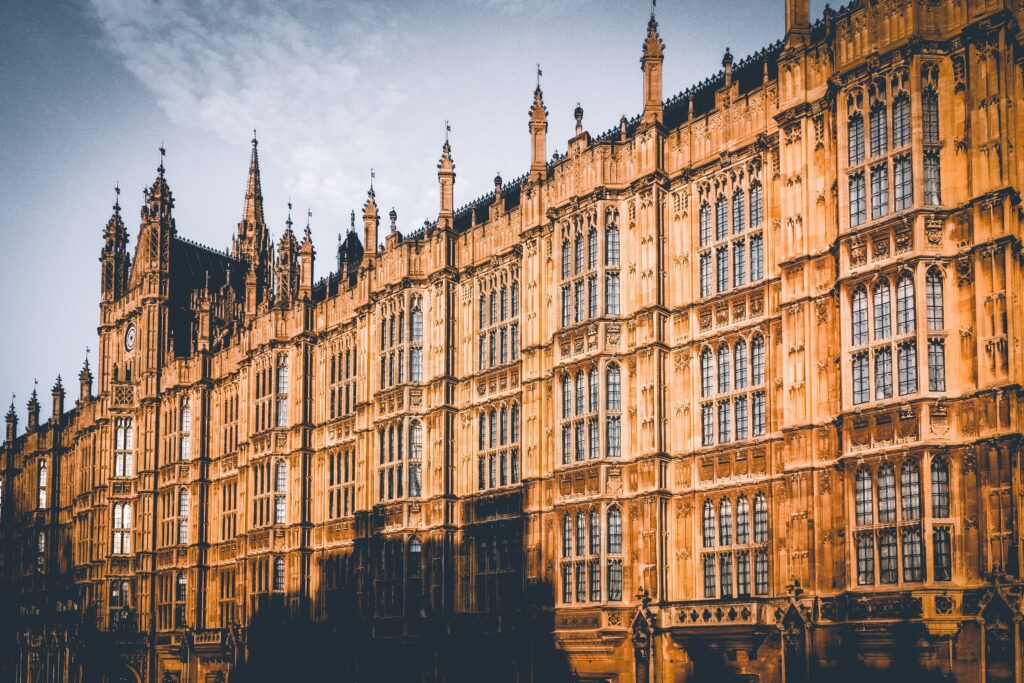The Chartered Institute of Environmental Health (CIEH) has called for UK Government to swiftly adopt World Health Organisation (WHO) standards within the Environment Bill to address the deadly issue of air pollution.
After numerous delays, the Environment Bill was brought back to the House of Commons of the Report Stage and Third Reading earlier this week.
Government tabled new amendments to the Bill, including additional legally binding targets for species and a new peat action plan. Although, multiple amendments from opposition parties to strengthen the Bill were voted down.
The CIEH is a member of the Healthy Air Campaign coalition of charities and has avidly campaigned for UK Government to approach the significant issue of air pollution.
Julie Barratt, CIEH President, commented: ‘We are happy to see the Environment Bill being finally brought back to Parliament. With COP26 just around the corner, it is a vital piece of legislation and must be used to showcase the UK’s firm commitment to safeguarding and improving our environment into the future.
‘As such, we have been calling on the Government to commit to World Health Organisation targets for reducing air pollution. We are deeply disappointed that this has not yet been done. The Government has a second chance when the Bill moves to the House of Lords and we will be calling on peers from across the political spectrum to raise the essential issue of air pollution.’
The Institute does not underestimate the health effects of poor air quality, highlighting that the UK has previously been referred to the European Court of Justice due to high air pollution levels not being addressed in policy.
It is estimated that over 400,000 premature deaths are caused each year across Europe. In January 2018, the UK was among five other EU countries to be issued a final warning by the European Commission.
The tragic death of nine-year-old schoolgirl Ella Kissi-Debrah in 2013 subsequently lead to the Southwark Coroner’s Inquest to list air pollution as a cause of death for the first time in the UK, and potentially the world. Since, the coroner Philip Barlow has similarly called for UK government to meet WHO recommended air pollution safe guidelines with legally binding targets.
‘The recent coroner’s report attributing the death of Ella Adoo-Kissi-Debrah partially to air pollution should be a wakeup call. Action must be taken. We cannot afford to miss this opportunity,’ Julie Barratt concluded.
Photo credit: Oleg Magni / Pexels




